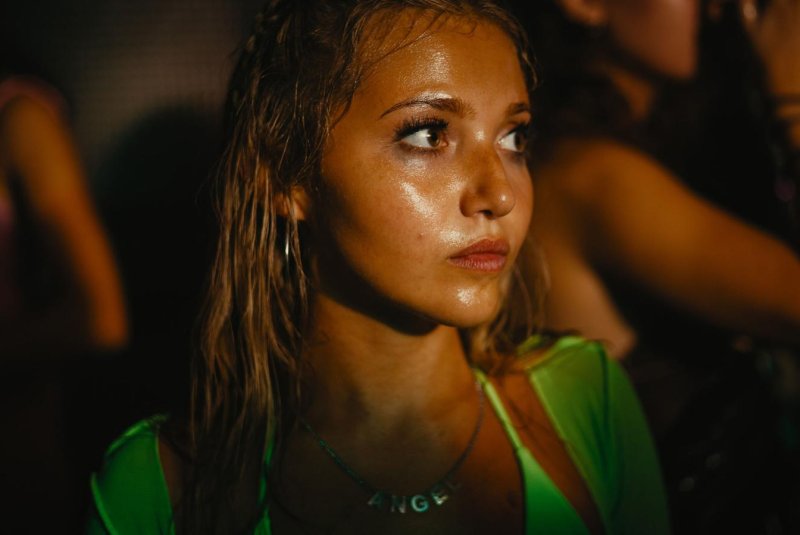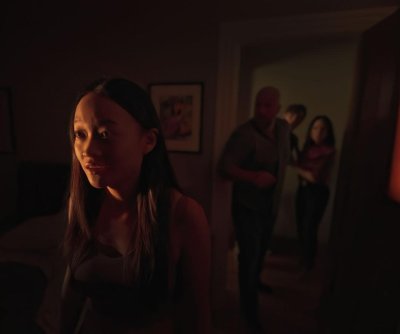Presence, which debuted at the Sundance Film Festival on Friday, can be seen as Steven Soderbergh’s take on Paranormal Activity. While not as restrained as the video camera horror genre, it effectively explores Soderbergh’s creative resources.
The film revolves around the Payne family settling into a new home, with the entire narrative unfolding from the perspective of a spiritual presence within the house. This entity observes the family and occasionally manipulates objects.
The use of a lens for the presence’s point of view distorts the house, elongating rooms and curving faces in the center of the frame, creating an unsettling atmosphere throughout the story.
Soderbergh employed a virtual reality headset to capture the presence’s angle, a process that might have made for an interesting film on its own. While not a continuous take, the film employs cuts to black between scenes, marking an ambitious approach to the “found footage” technique seen in films like Paranormal Activity and The Blair Witch Project.

Despite the constant presence observing, the family drama becomes absorbing, and the return of the spiritual entity can be surprising. When the focus shifts to the presence, it serves as a reminder that unresolved family issues are still at play.
Rebekah (Lucy Liu) and Christopher (Chris Sullivan) grapple with helping their daughter, Chloe (Callina Liang), cope with the loss of her high school friends. Their son, Tyler (Eddy Maday), desired a new school district, leading to their choice of house.
Grief is a universal struggle, especially the loss of a child, and Chloe’s openness to the presence reflects the depth of her emotional turmoil. Each family member’s unique perspective contributes to conflicts within the family unit.
Chloe believes the presence might be her deceased friend, unsettling Christopher, and irritating Tyler. Disagreements arise on how to address Chloe’s emotional state, with Christopher pushing for therapy while Rebekah advocates for giving her time to grieve.
As the presence becomes more aggressive, intervening in Chloe’s personal life, the family dynamics intensify. Viewers familiar with haunted house story conventions may recognize certain elements in David Koepp’s script, but Presence manages to deliver genuine surprises.
The film cleverly integrates surprises that resonate with the established family drama. Paying attention to Christopher’s scolding of Tyler for mocking his sister becomes crucial, as it is evident that the presence is attuned to these family dynamics.
In conclusion, Presence provides many answers yet maintains enough ambiguity to stimulate further discussion. As an experiment in style, the film successfully combines emotional drama and shock, making it a worthwhile exploration of this unique concept.
Fred Topel, a UPI entertainment writer based in Los Angeles and film school graduate from Ithaca College, has been a professional film critic since 1999 and a Rotten Tomatoes critic since 2001. He joined the Television Critics Association in 2012 and the Critics Choice Association in 2023.


